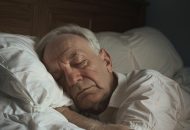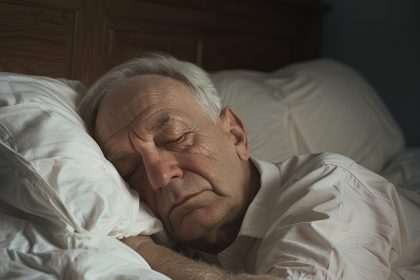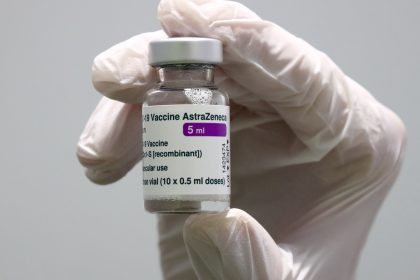What Happens During Burnout and How to Cope

WASHINGTON — Many of us, from time to time, may feel a little “burned out.” Spreading ourselves too thin with work, family, relationships, health and other obligations can take its toll. The term burnout is technically a psychological condition related to the workplace. Since COVID-19 began, many people have experienced it outside of work.
Here, we will explain burnout and what happens to your body and mind when it hits. We’ll also look at some research-backed methods for prevention and management.
What Exactly Does “Burnout” Mean?
“Burnout” is a term first coined in the 1970s by the psychologist Herbert Freudenberger. He used it to describe people in helping professions, like doctors and nurses, who became too stressed and unable to meet high standards of self-sacrifice to help others.
Freudenberger’s book describes burnout as “the extinction of motivation or incentive, especially where one’s devotion to a cause or relationship fails to produce the desired results.”
Today, people in all professions may experience burnout. Caregivers, homemakers and even celebrities may suffer as well.
Perhaps due to Freudenberger’s original definition, burnout is now split into three dimensions due to chronic interpersonal stress at work: exhaustion, detachment, and reduced achievements. It is officially listed in the International Classification of Diseases regarding the workplace. The ICD-11 defines the three areas as follows:
- Feeling exhausted or depleted of energy.
- Feeling negative, cynical, or detached from your job.
- Reduced professional performance.
Another way of looking at it is as a three (or four) step cycle. First, the stress of work is too great. Next, you feel physically and emotionally exhausted, drained and unable to cope. Then, you begin to distance yourself and start to feel numb. Finally, you can’t concentrate or complete tasks, and your work — whether professional output or caring for someone at home — begins to suffer.
Research notes that some symptoms of burnout overlap with depression — like exhaustion, apathy and poor performance. Anxiety, chronic fatigue syndrome and medication side effects may also cause similar symptoms.
The American Psychological Association notes that true burnout must arise from work, differentiating it from depression or anxiety, which may be unrelated to your present situation.
What Happens to Your Mind and Body During Burnout
Mental and physical health are intrinsically linked. Suffering stress can take its toll on your physical body. Here’s what happens to your mind and body when you experience burnout.
- Trouble concentrating.
- Feeling worthless.
- Low mood.
- Loss of interest.
- Suicidal ideation.
- Headaches.
- Weakened immune system.
- Gastrointestinal distress.
- High blood pressure, which may lead to heart disease.
- Musculoskeletal pain.
- Fatigue.
- Insomnia.
Due to these symptoms, you may be more likely to be absent from work, miss deadlines and stop caring, further reducing your performance. Chronic stress and burnout can also increase your risk of developing anxiety, depression, insomnia, high blood pressure and type 2 diabetes.
Tips for Preventing and Managing Burnout
You may not realize you’re burning out until it’s already too late. If you start to notice symptoms of burnout or emotional exhaustion from a non-work-related event, the Mayo Clinic recommends the following self-care tips:
- Eat a healthy diet.
- Exercise regularly.
- Prioritize sleep.
- Practice mindfulness.
- See a mental health professional.
The APA offers the following advice for workplace burnout for employers and employees. It starts at the top — it’s important for employers to care for their employees.
For Employers:
- Take surveys of your organization to measure burnout experience.
- Check in with employees to see how they are doing and encourage them to take time off.
- Examine the organization’s practices to see that you give employees resources to manage their workload and stress.
For Employees:
- Practice self-care for your emotional and physical well-being.
- Set boundaries, take time off and unplug.
- Engage in social relationships to build your support network in and outside work.
Burned Out?
Burnout is more than feeling sick and tired of your job. It is a psychological condition that results from being unable to cope with chronic stress at work. Burnout affects your mental and physical health and can lead to heart problems and digestive issues.
In the workplace, it leads to reduced performance. As a caregiver, it can harm the person you care for if you can no longer do your duties. Practice self-care to manage stress and seek professional help if you are experiencing burnout.
You can reach us at [email protected] and follow us on Facebook and X (formerly known as Twitter)

























